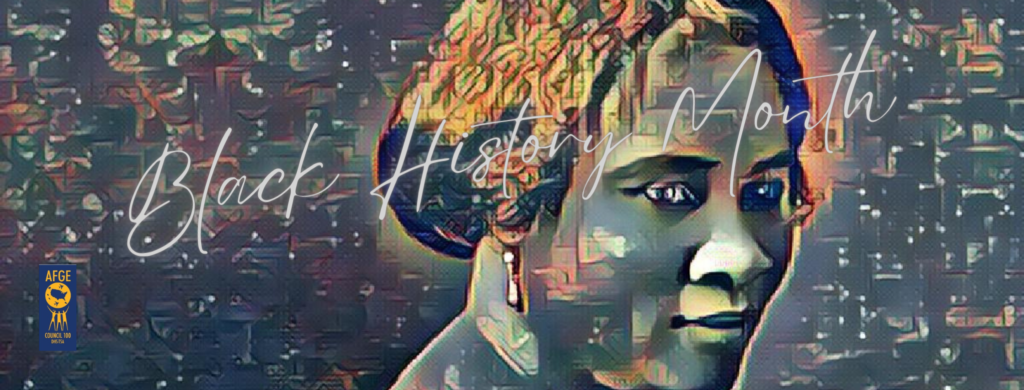
Borne from the cotton fields of slavery and eventually into the servitude of the White House, the Black community has shown their resilience and ability to effect change. America, the melting pot for justice and freedom, has not always been accessible or equitable for all races, which can best be viewed when describing the Black Experience in America. In the 16th century, African slavery was officially recorded in America. For centuries, Black free labor helped establish the economic foundation in America and around the world. In America, after the signing of the Emancipation Proclamation, which set out to end slavery—there was an unfulfilled promise, Special Field Order No. 15 to Black former slaves, which provided for 40 acres (and a mule). Aside from this blatant disregard and disrespect, Black people, although “free,” experienced severe economic deprivation.
However unfortunate these events empowered Black people to become extremely resilient and persistent, opening doors of creativity. Once free, Black people eagerly entered the workforce and political environment, immediately contributing to society. Although Black people were historically looked to for providing hard labor, they were newly contributing to other fields and studies. The struggles and triumphs of the Black community are the blueprints for America’s failures and successes. With the emergence of diversity, America quickly became a world leader in technology, science, mathematics, politics, and more. During this great awakening, many of the Black contributors’ accomplishments and creators’ inventions went unrecognized. Black leaders continued to develop new ideas and inventions that profoundly impacted the world. For example, Dr. Charles Drew was a physician who helped establish the first blood transfusion and blood bank; and he also invented the first refrigerated blood mobile which transported blood wherever it was needed most. His discovery was essential during World War II, which saved thousands of American and allied lives.
Madame C.J. Walker, born in 1867, was the first female African American entrepreneur to become a millionaire. She became a millionaire specializing in beauty and haircare products for African American women. Elijah McCoy, born in 1872, created the first lubrication systems for steam trains. Marie Van Brittany Brown built the first home security system, whose patent led the groundwork for surveillance systems today; she is also credited with the invention of the first closed-circuit television. Black people continue to strive and impact the world in many positive ways. Black-owned businesses have aimed to develop and uplift the awareness and importance of Black heritage. Black people continuously strive to eliminate the racial gap initiated during the post-Civil War Jim Crow era, such as redlining—which denies or limits financial services to Black and poor communities in the U.S.
Many financial analysts believe one of the keys to closing this disparity and strengthening local economies is supporting Black-owned businesses and encouraging entrepreneurship in our communities. When Black businesses flourish, Black people receive the same opportunities as all Americans, and all Americans reflect on the historical—and even some recent—ramifications imposed upon the Black community, and commit to change for good, we all thrive. In the words of our first Black U.S. President, Barack Obama, in reference to Black History Month, “We don’t set aside this month each year to isolate or segregate or put under a glass black history. We set it aside to illuminate those threads—those living threads that African Americans have woven into the tight tapestry of this nation—to make it stronger, and more beautiful, and more just, and more free.” Thank you for fighting with our Black brothers/sisters this month and always.
Hydrick Thomas, President | Mac Johnson, Council Executive Vice President | Johnny Jones, Council Secretary-Treasurer | Thomas Schoregge, Region 1 V.P. | John Hubert, Region 2 V.P. | Janis Casey, Region 3 V.P. | Becky Mancha, Region 4 V.P. | Greg Biel, Region 5 V.P. | Bobby Orozco Jr., Region 6 V.P. | Joe Shuker, Region 7 V.P. | Victor Payes Martinez, Fair Practices Coordinator | Concetta Fialkowski, Women’s Coordinator | Christopher Blessing, AFGE Council 100 Attorney
